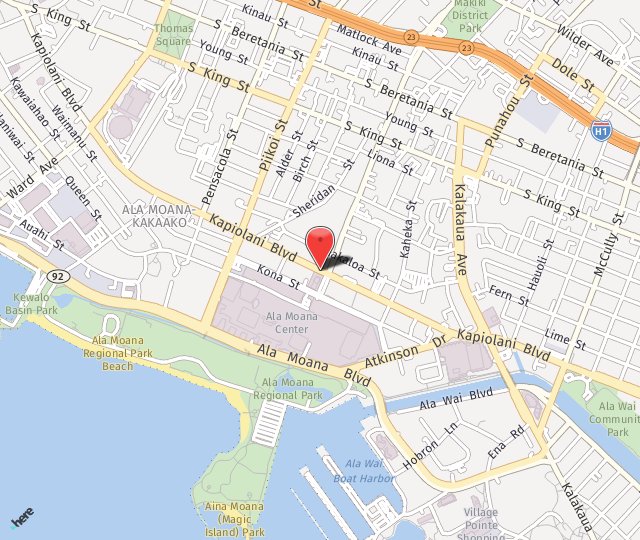Click here to see Dr. Maehara talk about Testosterone Replacement Therapy
Low testosterone, a form of hypogonadism, occurs when the body fails to produce an adequate supply of this hormone. This condition is more prevalent as men age, occurring in about 20 percent of men over 60 years of age and increasing to as much as 50 percent in men over 80 years of age. While testosterone is thought of as the male hormone, it is necessary for female functioning as well, and women may also suffer from low testosterone. Following an evaluation, both men and women may benefit from testosterone replacement therapy.
Testosterone is a sex hormone naturally produced within the body. In men, this hormone helps to maintain sperm production, control sex drive, and regulate muscle mass and bone health. The pituitary gland and the brain control the production of testosterone which is secreted through the testicles.
Symptoms of Low Testosterone
Symptoms of low testosterone in men may include increased body fat, enlarged breasts, reduced muscle mass, diminished bone density and decreased energy. Sexual symptoms may include:
- Low libido (sex drive)
- Inability to reach orgasm
- Erectile dysfunction
- Low sperm count
- Diminished volume of seminal fluid
- Smaller or softer testicles
- Men with low testosterone may also experience sadness, irritability, or depression.
Causes of Low Testosterone
The causes of low testosterone in men can vary and may include:
- The natural aging process, Andropause (male menopause)
- Alcohol intake and opioid drugs
- Injury or infection of the testicles
- Treatment for testicular cancer
- Hormonal disorders, including cortisol imbalance
- Infections or chronic diseases
- Nutritional deficiencies and poor diet
Some medications and certain genetic conditions can also lower a man's testosterone reading. Men who are hypertensive, obese, or who have elevated cholesterol levels may also suffer from low testosterone levels.
Diagnosis of Low Testosterone
To diagnose low testosterone, the doctor will perform a physical examination and review all of the patient's symptoms. Testosterone levels are measured with a blood test, but other diagnostic tests may be administered as well, including:
- Urinalysis
- Sperm count
- PSA test for prostate cancer
- Hematocrit (red blood cell count)
- Cortisol levels
Read what our patients are saying!
"Great customer service and great overall results!"
Complications of Low Testosterone
In addition to negatively affecting quality of life and intimate relationships, low testosterone can be a factor in several disease conditions. Recent research suggests that men with low testosterone are at increased risk of developing diabetes, osteoporosis, and cardiovascular disease.
Treatment of Low Testosterone
Treatments for low testosterone involve replacing the hormone in the body. Often referred to as testosterone replacement therapy, these methods include administering the hormone through:
- Gel, cream, or patches applied to the skin
- Injections
- Subcutaneous bioidentical pellets
This treatment is effective in restoring normal testosterone levels in the male body and reducing symptoms. Testosterone replacement therapy is considered a lifelong treatment option. It is important that men taking testosterone be carefully monitored by their doctors.
Risks of Testosterone Treatment
Our highly trained physicians can determine if you are a good candidate for Testosterone replacement therapy. Once established as a good candidate, your physician will discuss any risks that pertain to your therapy. There are many public misconceptions regarding the risks of testosterone replacement therapy. Most commonly, these involve cancer and cardiovascular disease. Most recently, the two highly publicized articles by JAMA which indicated increased risk of cardiovascular disease with Testosterone replacement therapy were completely debunked. Though used as a fertility treatment in the short term, the long-term use of testosterone may interfere with fertility. More studies are needed in this area, but our physician has successfully used techniques to preserve fertility in younger patients within our clinic. Testosterone treatments are not usually recommended for men who have been treated for prostate or breast cancer.
Low Testosterone in Women
While testosterone is thought of as the male hormone, it is necessary for female functioning as well. Testosterone can be prescribed for women on an off-label basis as therapy for symptoms of menopause, such as hot flashes or vaginal dryness and low libido. Low libido is amongst the most common complaints of female menopausal and peri-menopausal females. Research has shown that women after menopause may also benefit from testosterone therapy which can:
- Increase mental clarity
- Help maintain mood balance
- Relieve fatigue
- Increase bone density
- Decrease body fat
- Restore libido
Testosterone does not increase the risk of cancer in women and has been shown to offer protection against Type 2 diabetes and cardiovascular disease. Testosterone therapy for women has not yet been approved by the FDA and so is not covered by insurance in the United States.

